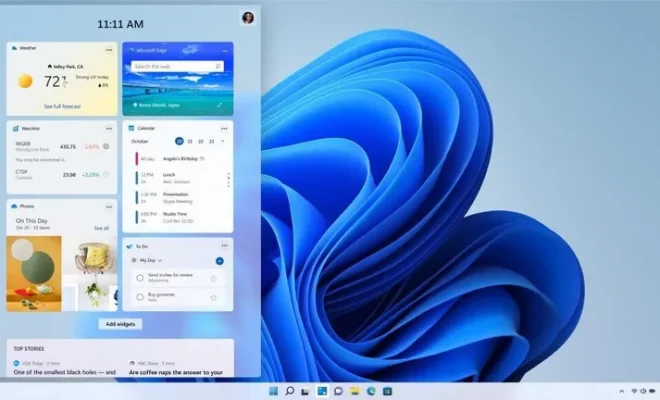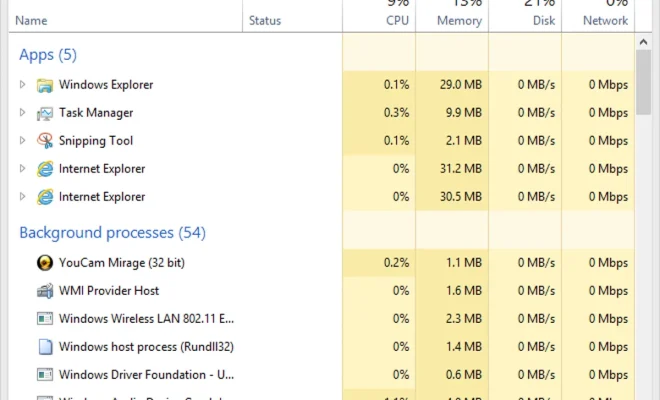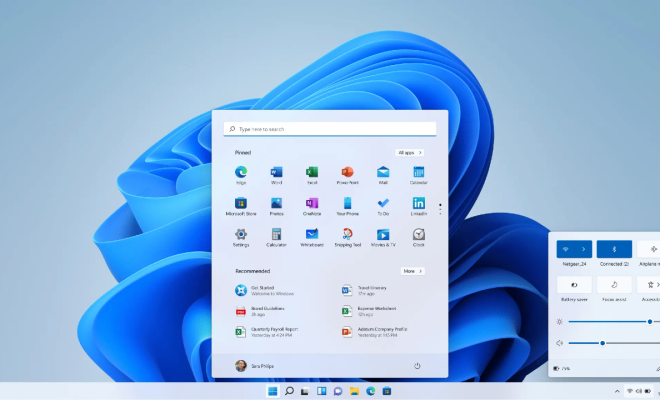Microsoft’s Strict Windows 11 Device Requirements Have One Exception: What to Know

Microsoft recently announced its upcoming operating system, Windows 11, which brings a range of new features and enhancements. However, along with the exciting updates comes a set of strict device requirements for compatibility. Most devices must meet specific hardware criteria to be eligible for upgrading to Windows 11. But there is one notable exception that users should be aware of.
The General Device Requirements
Windows 11 introduces several changes in terms of hardware requirements compared to its predecessor, Windows 10. To ensure optimal performance and security, Microsoft has set specific standards that devices need to meet:
1. Processor:
A compatible processor with at least a 1 GHz clock speed and two or more cores is required.
2. RAM:
Devices should have at least 4 GB of memory.
3. Storage:
A minimum storage capacity of 64 GB is necessary.
4. Display Size and Resolution:
Screens must be larger than nine inches diagonally with a resolution higher than or equal to 720p (1280 x 720 pixels).
5. Graphics Card:
DirectX12-compatible graphics cards are mandatory.
6. TPM Version:
Trusted Platform Module (TPM) version 2.0 is required for enhanced security features.
7. Secure Boot Support:
UEFI firmware with Secure Boot capability ensures secure startup processes.
These stringent requirements aim to deliver an optimized user experience on compatible devices while maintaining robust security measures.
The Exception – Unsupported Processors
Although most devices will need to adhere strictly to these guidelines, Microsoft has made an exception regarding unsupported processors from previous generations that do not meet the minimum specifications outlined above tailored towards individual preferences/requirements/etcetera!. These older CPUs may still receive support through servicing updates but won’t qualify for direct upgrades via official channels like Windows Update or ISO installations depending upon specific circumstances thereof accordingly!.
However wherein customizations made therein framework created around respective product(s) involved!, users with unsupported processors can still attempt to install Windows 11 through unofficial methods or by participating in the Windows Insider Program, which allows testing of pre-release versions. It’s important to note that these approaches come with potential risks and may not provide the same level of stability and reliability as official installations.
Conclusion
Microsoft’s strict device requirements for Windows 11 ensure compatibility, performance, and security on eligible devices. While most systems need to meet specific criteria outlined by Microsoft, there is an exception for older processors that don’t meet the minimum specifications required tailored towards respective audience/preferences/needs/etcetera!. Users with unsupported CPUs should be aware that they may encounter limitations or difficulties when attempting to upgrade officially but have alternative options available if they wish to try installing Windows 11 via unofficial means or participate in the Windows Insider Program wherein customizations made therein framework created around said product(s).
As always, it’s essential for users to review their hardware configurations and consider any potential limitations before making decisions regarding operating system upgrades.






